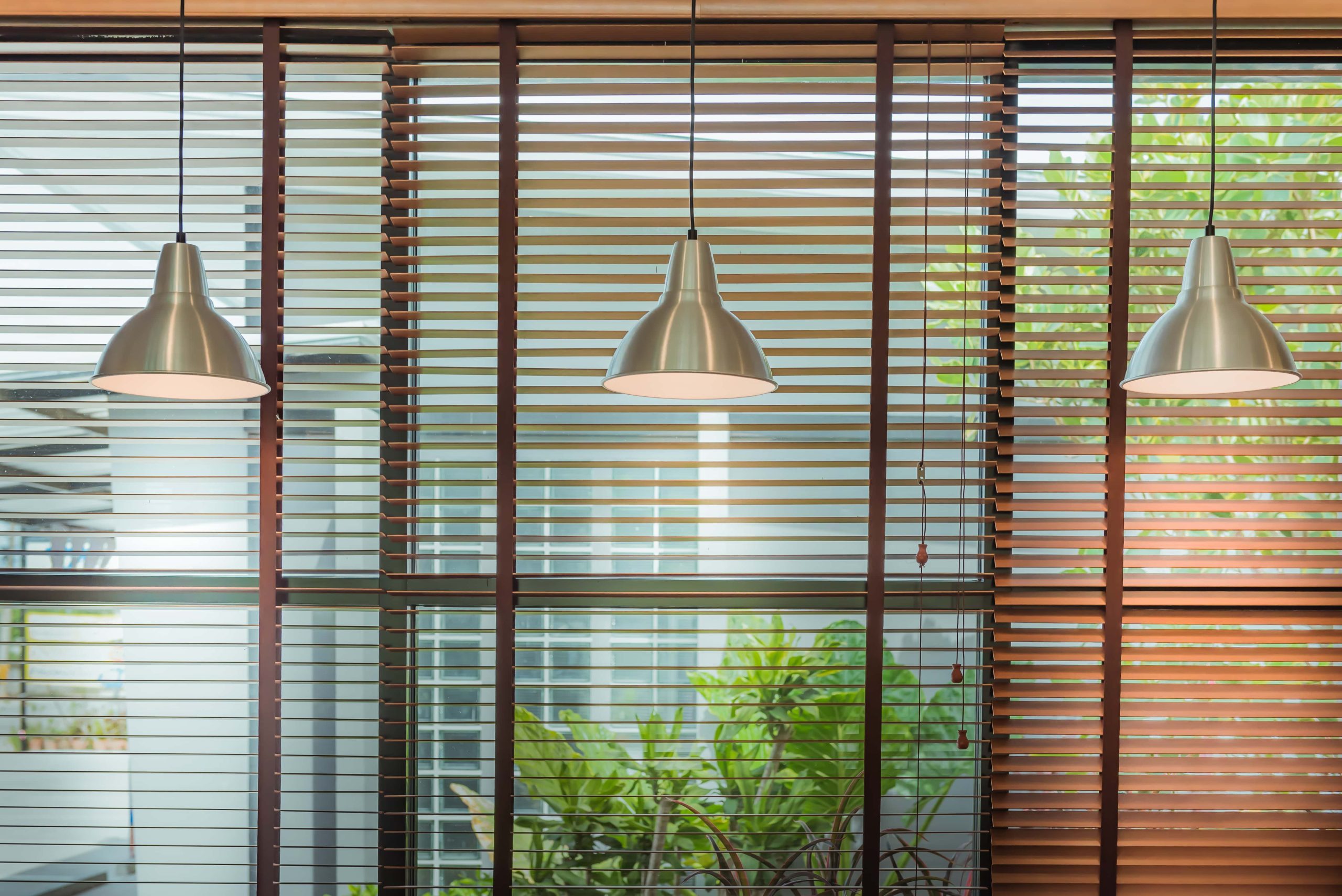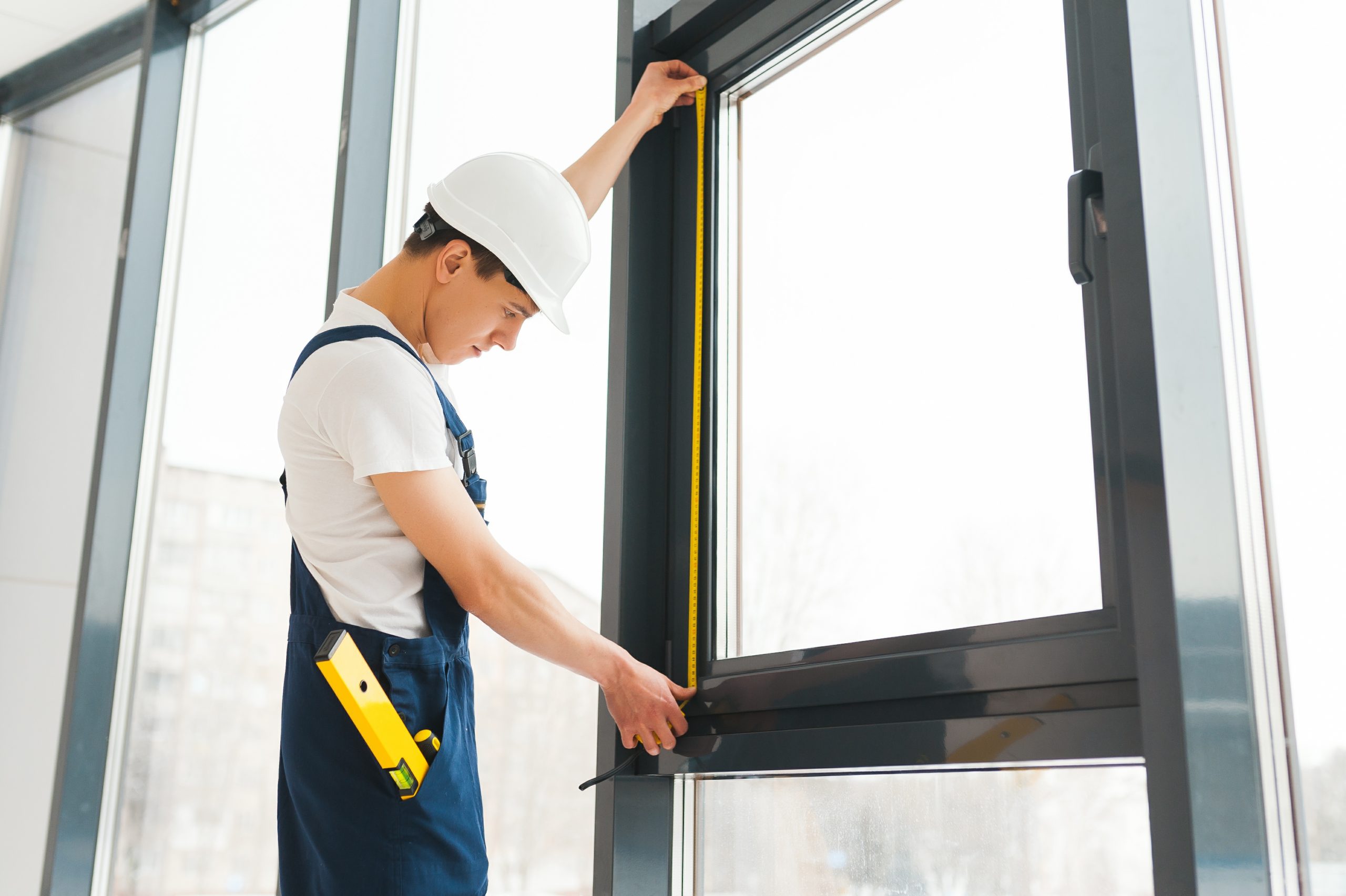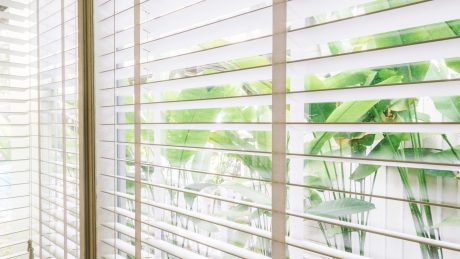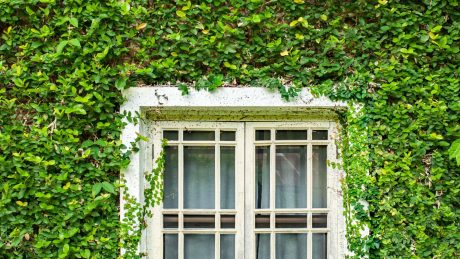Improve Indoor Air Quality with Proper Window Ventilation
Creating a healthy and comfortable living environment involves carefully considering temperature control, lighting, and furniture arrangements. While these elements are crucial, one aspect that is often overlooked is indoor air quality. The air we breathe inside our homes impacts our health and well-being. Poor ventilation can accumulate pollutants and allergens, leading to respiratory problems and various health issues. Fortunately, proper window ventilation is a straightforward yet effective solution to enhance indoor air quality. By understanding the importance of window ventilation and optimizing it, we can significantly improve the air we breathe and create a healthier living environment.
The Importance of Indoor Air Quality
Indoor air quality refers to the air condition inside a building or dwelling. Indoor air can be more polluted than outdoor air due to various factors such as inadequate ventilation, volatile organic compounds (VOCs) released from building materials, dust, pet dander, and other allergens. Long-term exposure to low-quality air can cause several health concerns, such as allergies, headaches, lethargy, and respiratory problems.
Window Ventilation and Its Benefits
Proper window ventilation plays a crucial role in maintaining good indoor air quality. Permitting the flow of fresh air and eliminating stale air, window ventilation helps reduce indoor pollutants’ concentration and replenish the oxygen supply. The benefits of window ventilation include the following-

- Improved Air Circulation: Opening windows allow fresh air to enter the space, promoting better air circulation. This reduces contaminants and odors, making the atmosphere more palatable and healthy.
- Removal of Indoor Pollutants: Opening windows allows indoor pollutants such as smoke, cooking fumes, and volatile organic compounds (VOCs) to escape. This improves the quality of the air we breathe by lowering the concentration of harmful contaminants.
- Moisture Control: Proper window ventilation helps to control excess moisture in indoor spaces, which is crucial in preventing mold and mildew growth. Window ventilation contributes to a healthier indoor environment and helps prevent dampness-related respiratory issues by reducing humidity levels.
Best Energy-Efficient Replacement Windows for Improved Ventilation
While window ventilation is essential, investing in energy-efficient replacement windows that provide optimal airflow while minimizing energy loss is equally important. The right windows can significantly improve indoor air quality and overall comfort. Here are a few factors to consider when selecting replacement windows for improved ventilation:
- Double or Triple Glazing: Opt for windows with double or triple glazing, as they provide better insulation and soundproofing while allowing for proper ventilation. These windows create a barrier against outdoor noise and temperature fluctuations while enabling fresh air to flow in.
- Operable Windows: Choose windows that can easily open and close to facilitate airflow. Casement windows, awning windows, and sliding windows are popular choices as they can be adjusted to control the air entering the space.
- Window Screens: Installing window screens is essential to prevent insects and debris from entering your home while allowing fresh air flow. Screens help to filter out dust and pollen, improving indoor air quality.
Professional Window Installation and Maintenance

It is crucial to rely on professional installation and maintenance services to ensure your windows operate properly and maximize their ventilation capabilities. Improper installation can lead to air leaks, reducing the effectiveness of your windows and increasing energy loss. Best Enterprises General Contracting is a reputable window installation contractor serving East Northport, NY, and surrounding areas.
They have a track record of completing window installations of the highest caliber that are energy-efficient and aesthetically pleasing. Their experienced professionals ensure that windows are installed correctly, providing optimal ventilation and energy efficiency.
In addition to professional installation, regular window maintenance is vital to keep your windows in top condition. This includes cleaning the window frames, lubricating moving parts, and inspecting for any signs of damage or wear. Properly maintaining your windows can ensure they function optimally and provide effective ventilation for years.
Conclusion
Window ventilation must be done properly to improve indoor air quality and provide a healthy living environment. Investing in the best energy-efficient replacement windows and relying on professional window installation services are essential for optimal ventilation.
Best Enterprises General Contracting is a trusted window installation contractor in East Northport, NY, and surrounding areas. With their expertise and commitment to quality, they can help transform your living space by providing energy-efficient windows that enhance ventilation and contribute to better indoor air quality. A step towards a healthier home by prioritizing proper window ventilation and entrusting your window installation needs to the experts.
- Published in Blog
Choosing Energy-Efficient Windows: Key Factors to Consider
Selecting energy-efficient replacement windows is crucial to improving your home’s energy efficiency, comfort, and cost savings. With numerous options available in the market, it’s essential to consider various factors before deciding.

Window Frame Material:
- The choice of window frame material significantly impacts the energy efficiency of your windows. Different materials have varying degrees of insulation properties and maintenance requirements. Common window frame materials include wood, vinyl, fiberglass, and aluminum.
- Wood frames offer excellent insulation but may require regular maintenance to prevent rotting or warping. Vinyl frames are low-maintenance and provide good insulation. Fiberglass frames are durable and energy-efficient, while aluminum frames are less energy-efficient due to their high conductivity. Before deciding, consider each frame material’s climate, maintenance requirements, and energy efficiency.
U-Factor:
- The U-factor measures a window’s insulating ability, specifically its resistance to heat transfer. It indicates how well a window prevents heat from escaping your home. A lower U-factor indicates better insulation. Look for windows with a U-factor of 0.30 or lower to ensure energy efficiency.
- Windows with low U-factor values have improved insulation properties, reducing heat loss during the winter and heat gain during the summer. These windows help maintain a comfortable indoor temperature while reducing reliance on heating and cooling systems.
Solar Heat Gain Coefficient (SHGC):
- SHGC determines the heat from the sunshine that enters your house through the windows. A lower SHGC indicates better heat-blocking properties. Windows with low SHGC values are particularly beneficial in warm climates, where minimizing heat gain can reduce the load on air conditioning systems.
- For energy-efficient windows, Energy Star recommends an SHGC of 0.25 or lower. Such windows reduce the heat transferred from outside to inside, ensuring a more comfortable living environment and reducing the need for excessive cooling.
Low-E Coatings:
- Low-emissivity (Low-E) coatings are thin, transparent layers applied to the glass surface of windows. These coatings reduce heat transmission by reflecting infrared radiation while letting visible light through. Windows with Low-E coatings provide added energy efficiency benefits.
- Low-E coatings improve the insulation properties of windows by reflecting heat into the room during the winter and blocking unwanted heat from entering during the summer. This helps maintain consistent indoor temperatures and reduces the reliance on heating and cooling systems.
Multiple Panes and Gas Fillings:
- Replacing single-pane windows with double or triple-pane windows can significantly enhance energy efficiency. Multiple panes provide additional insulation, with air or gas-filled spaces between them acting as thermal barriers. The trapped air or gas reduces heat transfer, improving the window’s overall energy performance.
- Some energy-efficient windows feature low-conductivity gas fillings like argon or krypton between the panes. These gases enhance insulation properties and reduce heat transfer more effectively than air. When selecting replacement windows, consider those with multiple panes and gas fillings to maximize energy efficiency.
Window Design and Installation:
- Proper window design and installation play a vital role in the overall energy efficiency of replacement windows. Look for windows with airtight seals, quality weatherstripping, and well-insulated frames. These features prevent air leakage and minimize drafts, ensuring better insulation and energy savings.
- Professional installation is highly recommended to ensure replacement windows are properly fitted and sealed. Poor installation can lead to air leaks, reducing the energy efficiency of even the most advanced windows. Hiring a reputable window replacement service, such as Best Enterprises General Contracting, ensures the windows are installed correctly, maximizing their energy-saving potential.
Energy Star Certification:
- Look for replacement windows that are Energy Star certified. Energy Star is a program by the U.S. Environmental Protection Agency (EPA) that identifies energy-efficient products. Energy Star windows meet specific performance criteria, ensuring energy efficiency and quality.
- The Energy Star label assures consumers that the windows have undergone rigorous testing and adhere to industry standards for energy efficiency. Making an informed choice by selecting Energy Star-certified windows gives you confidence in their performance.
What to consider when installing energy-efficient replacement windows?
Installing the right energy-efficient replacement windows involves carefully considering various factors that can greatly impact your home’s energy performance. You can make informed decisions that maximize energy savings and improve overall comfort by considering specific local climate considerations, window orientation, and your budget. Understanding how these factors play a crucial role in selecting the appropriate windows will ensure that you create an energy-efficient and sustainable living environment.

Local Climate Considerations:
- Consider your area’s climate and weather conditions when selecting energy-efficient replacement windows. Factors such as temperature ranges, humidity levels, and prevailing winds can influence the type of windows that will provide the most energy efficiency for your region.
- For instance, windows with low U-factor values in colder climates are essential to prevent heat loss, while in hotter climates, windows with low SHGC values are crucial to reducing heat gain. Considering local climate conditions ensures your windows are optimized for energy efficiency and comfort.
Window Orientation:
- Consider the orientation of your windows concerning the sun. South-facing windows receive more direct sunlight, so using windows with low SHGC values in these areas can help reduce heat gain. On the other hand, North-facing windows may benefit from higher SHGC values to maximize natural light and heat gain during colder months.
- Understanding the sun’s path and the specific climate of your location allows you to select windows that optimize energy efficiency based on their orientation.
Budget:
- While energy-efficient replacement windows may have a higher upfront cost, they offer long-term energy savings and other benefits. Evaluate the cost-effectiveness of the windows based on their energy performance and expected savings over time. Consider potential energy bill reductions, improved comfort, and increased home value.
- Remember, investing in energy-efficient windows is a long-term investment that can provide significant returns through energy savings and improved living conditions.
Conclusion
Choosing energy-efficient replacement windows involves considering multiple factors that impact their performance and energy-saving potential. Factors such as window frame material, U-factor, SHGC, low-E coatings, multiple panes, gas fillings, window design and installation, window orientation, Energy Star certification, local climate considerations, and budget should all be carefully evaluated.
You can trust Best Enterprises General Contracting for the best window replacement service and expert advice on choosing energy-efficient windows. Their team of pros might guide your choice procedure, ensuring you make an informed decision that meets your needs and maximizes energy efficiency in your home. You can enjoy enhanced comfort, reduced energy consumption, and long-term savings by selecting the right energy-efficient replacement windows.
- Published in Blog


